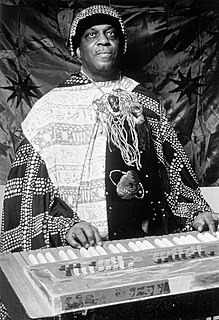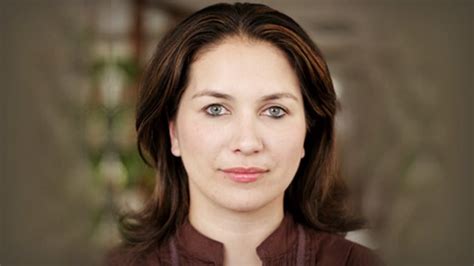A Quote by Sun Ra
A prophet is not without honor except in his own country among his own people.
Related Quotes
Patriotism, or the peculiar relation of an individual to his country, is like the family instinct. In the child it is a blind devotion; in the man in intelligent love. The patriot perceives the claim made upon his country by the circumstances and time of her growth and power, and how God is to be served by using those opportunities of helping mankind. Therefore his country's honor is dear to him as his own, and he would as soon lie and steal himself as assist or excuse his country in a crime.
Let no one imagine that he will lose anything of human dignity by this voluntary sell-out of his all to his God. He does not by this degrade himself as a man; rather he finds his right place of high honor as one made in the image of his Creator. His deep disgrace lay in his moral derangement, his unnatural usurpation of the place of God. His honor will be proved by restoring again that stolen throne. In exalting God over all, he finds his own highest honor upheld.
We know that Muhammad waged war against the Qurayshi tribe, his own tribe, and it's from that conflict that much of the concept of jihad and verses that ISIS now uses to justify beheadings come from. A young man just told me that he went back and read this carefully [and saw] the prophet and his people were fighting the Quraysh because they were not allowing the prophet and his people to practice their religion.
The only proper, moral purpose of a government is to protect man's rights, which means: to protect him from physical violence - to protect his right to his own life, to his own liberty, to his own property and to the pursuit of his own happiness. Without property rights, no other rights are possible.

































